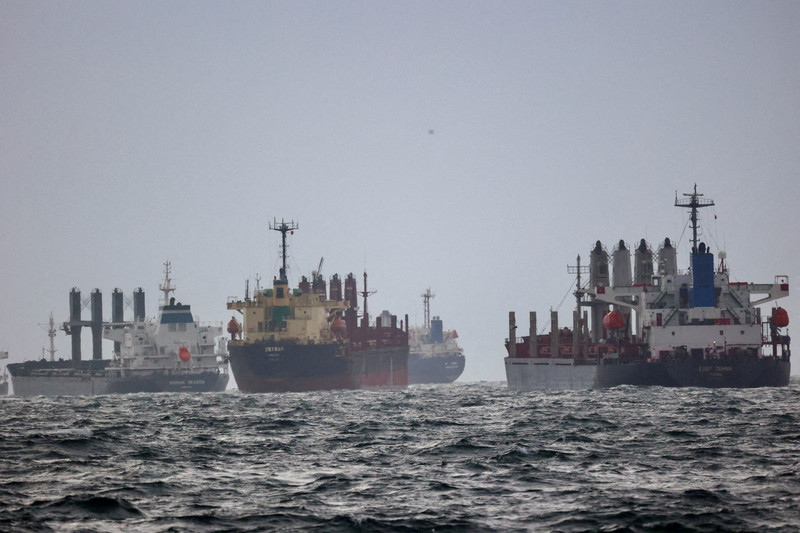More than 30 million metric tons of cargo have been safely exported under the Black Sea grain deal, making an important contribution to ensuring global food security.
Under the Black Sea Grain Initiative, which was brokered by the United Nations and Turkey and signed in July 2022, Russia and Ukraine signed a deal to ensure the safety of grain exports from Ukrainian ports.
There is also a memorandum of understanding on promoting Russian agricultural products and fertilizers to the world market. This initiative has been extended twice and was set to expire on May 18.
On May 17, one day before the expiration date of the initiative, the parties confirmed that they agreed to extend the deal for another 60 days.
UN Secretary-General Antonio Guterres welcomed Russia's continued participation in the initiative and hailed it as “good news for the world.”
Turkish President Tayyip Erdogan said that the efforts of the United Nations and Turkey, together with the support of Russia and the contribution of Ukraine, helped the parties come to a decision to extend this important agreement.
Russian Foreign Ministry spokeswoman Maria Zakharova confirmed that the Black Sea Grains Initiative has been extended for two months to help the countries that are most in need. “This is a chance to help ensure global food security, not in words, but in deeds,” Russia's foreign ministry said.
The representative of the Ukrainian government also welcomed the extension of the initiative.
In the latest report, Martin Griffiths, UN Under-Secretary-General for Humanitarian Affairs and Emergency Relief Coordinator, reported that 30 million metric tonnes of cargo have been safely exported from Ukrainian ports, including around 600,000 metric tonnes of wheat transported by the World Food Programme (WFP), in direct support of humanitarian operations in Afghanistan, Ethiopia, Kenya, Somalia, and Yemen.
He also noted the prices of cereals globally in April fell to their lowest level since July 2021, which he attributed in part to in the continued movement of Ukrainian grain, and by large quantities available for export in the Russian Federation and other locations.
Earlier, Russia threatened to pull out of the deal, arguing that the initiative had not been fully implemented, as Russian food and fertilizer exports remain hindered.
Food prices hit record highs in 2022 due to the outbreak of war in Ukraine. Disruption of transportation due to the conflict have caused suffers to many countries that depend on grain imports, while exacerbating economic challenges and pushing millions more people into poverty and food insecurity.
The International Rescue Committee (IRC) noted that Horn of Africa countries, including Somalia – a country with over 90% of wheat supplies coming from Russia and Ukraine, are beset by drought and on the verge of starvation.
Affirming the importance of the Black Sea Grains Initiative, UN Secretary-General Antonio Guterres stressed that Ukrainian and Russian agricultural products contribute to “feeding the world”.
The United Nations leader highlighted the need to maintain and expand the initiative, forging a more comprehensive and lasting agreement that contributes to global food security stability.
















